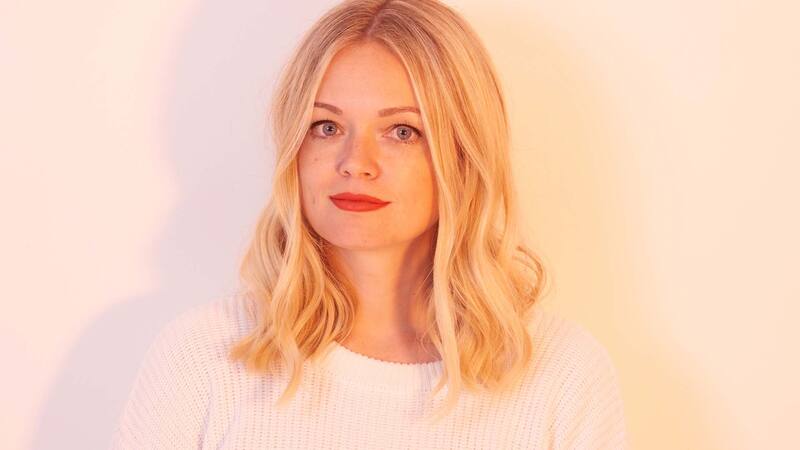You are viewing your 1 free article this month. Login to read more articles.
Carlene Bauer on writing the truth about love
When I first began working on the novel that became Frances & Bernard, I stopped for a moment to consider whether it was self-indulgent to let my characters remain writers.
Frances and Bernard are loosely based on writer Flannery O'Connor and poet Robert Lowell, so I could tell myself that I left them that way because I was aiming for a certain amount of verisimilitude.
But what really interested me in the friendship between these two real-life figures were the conflicts that followed from his manic depression coming up against her Catholic devotion - Lowell called O'Connor a saint in the midst of his first manic episode, and his subsequent setting aside of the faith disappointed her.
One does not have to be a writer to be afflicted by mental illness, possess faith or fall in love. I could, arguably, turn my protagonists into a pair of zookeepers and still manage to generate the same electrical charge between them, if I wanted to. I was writing fiction, after all.
True romance
Why, then, write something that could perpetuate the notion that writers suffer more, or suffer more romantically, than the rest of us? Wouldn't I look like an elitist snob by choosing to write about artists rather than Wal-Mart workers? Wouldn't I be a failure as an artist if I couldn't find a way to create an allegory for Real Life by transporting the conflicts to a castle full of wise and witty werewolves? And then I thought: Philip Roth probably never worried if putting Nathan Zuckerman in nine books was going to make him look like a narcissist with a limited set of concerns. Which ended that particular round of self-questioning on the spot.
'Art just isn't worth that much'
But why this self-questioning in the first place? I think of Joan Didion's famous statement that writers are always selling someone out, and then of Robert Lowell's use of jilted wife Elizabeth Hardwick's letters in his poems in The Dolphin, which prompted Elizabeth Bishop to tell him that "Art just isn't worth that much". And finally of a friend of mine, who has a great deal of fun doing an impression of the insult that Clive Owen hurls at Jude Law in Closer: "You writer."
As English-speaking peoples we seem to want to both worship and humiliate the writer. We think she is better than us because she expresses the ineffable and sometimes gets paid to do it, and at the same time we think she is a sniveling coward because she sits smugly in her corner, taking notes and changing names, instead of taking up arms against social injustice.
The painful truth
I also didn’t want to appear as if I thought writers were the only humans capable of grand emotion; because I am not sure that, especially now, writers as a category of person suffer more, or suffer more romantically than non-writers. Let us think of the American astronaut who in 2007 drove 900 miles across five states to attack her former lover's new partner with pepper spray. Which brings to mind another scientist who suffered as much for love as, say, Byron: widowed Marie Curie, whose affair with a married man prompted the Nobel committee to forbid her to come to Sweden to collect her second prize. If one reads what Curie wrote to her late husband in her journals and then to her lover in letters, one might find it hard to say even that artists in general always know how to express their pain better than the rest of us.
But I will admit to carrying around deep feelings for the lives of those I have only met through their books - and their biographies, and collections of their letters. I know the story of the night Sylvia Plath met Ted Hughes as well as I know the story of the afternoon my father asked my mother on their first date or the parable of the Wise and Foolish Virgins. I studied these details because I thought my own life depended on it.
I think, then, my wanting to tell a story about writers might have been a way to pay tribute to the dead whose works were another form of church for me—another form of family. The novel tells a story about losing faith in God, too, but that's a ghost story for another time.
Frances & Bernard by Carlene Bauer is published by Chatto.













